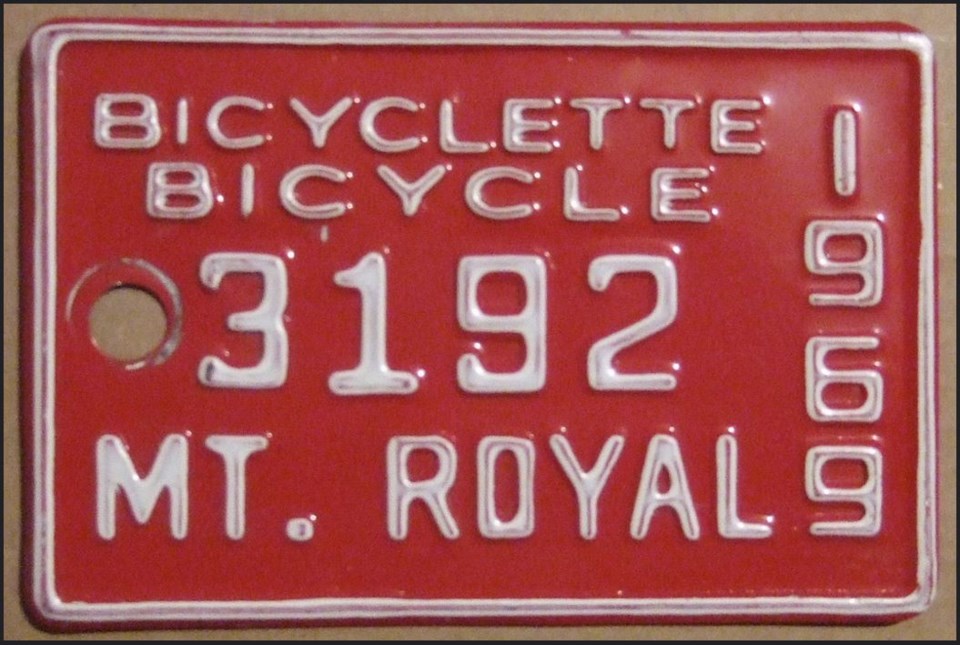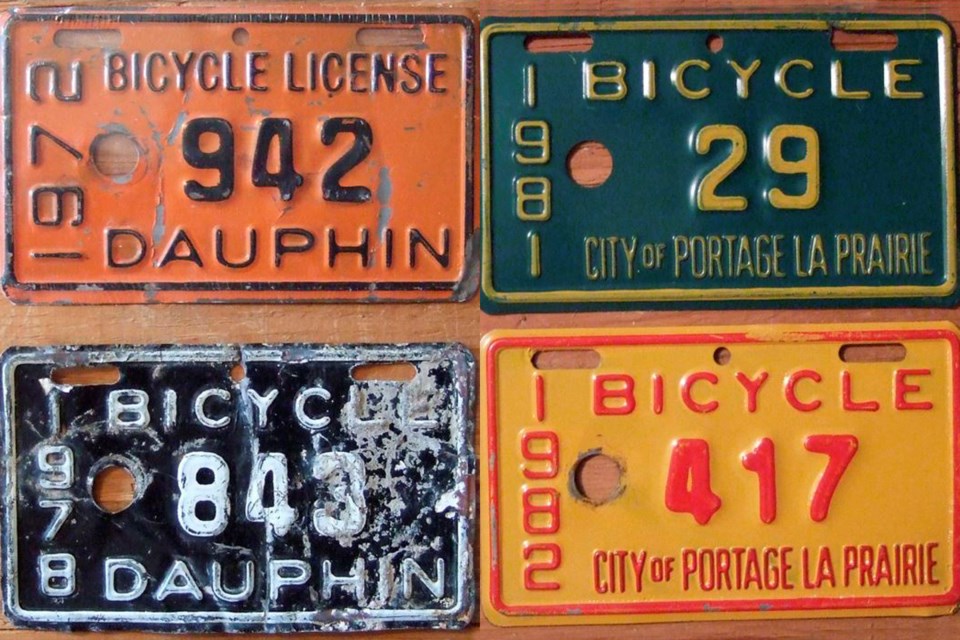Author’s note: In the days following NPA Coun. Melissa De Genova's announcement she wants the city to investigate bicycle licensing, the Vancouver Police Department and City of Vancouver launched a bike theft registry with the support of Portland’s Project 529.
While registering our bikes with the police one morning, a police officer told me De Genova had given up her pursuit of a bike licensing scheme. However, she has since stated she supports the VPD registry and will also be moving forward with her motion to study bike licensing.
To say I am disappointed is an understatement.
@modacitylife perhaps u should check with source before u quote incorrect information- I support vpd program +moving forward with my motion
— Melissa De Genova (@MelissaDeGenova) October 27, 2015
* * *
On the issue of bicycles and the people who ride them, the Non-Partisan Association made some unforgettable errors in last year’s Vancouver municipal campaign.
Whether it was the ill-considered notion of building counter-flow lanes on arterial roads, allowing free parking downtown on evenings and weekends, or “reviewing” (read: removing) the amazing transformation of Point Grey Road, they appeared bent on writing their election policy behind the windshield of an automobile.
Most of these promises were seemingly directed at the electorate of Burnaby, Richmond and Surrey rather than Vancouver, aimed to make their drive into the city less of a hassle.
I was cautiously optimistic the party had turned a corner when NPA Coun. George Affleck’s proposal for 1,000 secure bike parking spaces was approved earlier this year. However, my opinion shifted again when Coun. Melissa De Genova put forward a motion to explore a costly and cumbersome bike licensing program this week.
I won’t spend much time on the idea itself, except to say that every single city around the world that has studied a bike licensing scheme has rejected it. And every city that has rushed into enacting one has quickly abandoned it. There are dozens of lessons from cities such as Toronto, Calgary and Regina, due diligence that De Genova seems to have failed to have done.

In short, bike licensing is an expensive solution in search of a problem. (Consider children, or the tens of thousands of tourists who travel to Vancouver each year to ride our world-class bikeways) It is expensive to administer and impossible for the police to enforce. When someone gets on a bicycle, we all benefit, and any barrier to that is counterproductive.
Of course, the motion itself is “concerned” about issues such as road safety and bike theft. But the NPA appear to be pandering to an angry, vocal base. They seem blinkered to an increasingly multi-modal region, where bikes are the single fastest growing mode of transportation. Vancouver is now a city where less than half of all trips are made by automobile (the remaining are made by foot, bike, or public transit). Within the next 10 years, that number will be less than a third. Fixating on that shrinking minority isn’t just bad policy. It’s really bad politics. And you and I should expect more from the party of Peter Ladner and Gordon Price.
Political parties interested in supporting road safety have a wide array of proven solutions to propose, including more protected bike lanes, reduced speed limits, increased traffic-calming, expansion of driving and cycling education programs, and the establishment of a public bike-sharing scheme. All of which will accelerate the current shift from motorized vehicles to human-powered transport, which is the single most important thing a city can do to make its streets safe.
The Vision-controlled council will all but certainly vote down a bike licensing study. But the NPA has a very real opportunity to show leadership on the park board. After vehemently opposing Vision’s abandoned proposal to separate walking and cycling on the hectic, hazardous Kitsilano Beach path, the NPA-led board could right that wrong and address other shared seawall areas that are dangerously overcrowded.
A motion to remove the ban on electric-assist bicycles on park board property would also go a long way to make cycling accessible for all ages and abilities.
It is certainly in everyone’s interest to have a relevant, competitive opposition party, but that won’t happen until the NPA awake to the changing demographics and transport patterns in Vancouver. They must present us with a more compelling vision of a resilient, accessible, and competitive 21st century city. A key part of that involves accepting that the North American love affair with the automobile is over, especially in urban centres such as ours.
Voters will opt for wider sidewalks, narrower streets, walkable and bikeable neighbourhoods, and plentiful patios, parklets, and plazas. They just need to be provided that opportunity. As it stands, Vision Vancouver are comfortably winning those votes by default, with very little ambition or discomfort (Oslo, in stark contrast, just moved to ban cars from their city centre within four years), and no real pressure from the opposition. The NPA have three short years to figure that out before they risk losing a fourth consecutive election.
Chris Bruntlett is a co-founder of Modacity and is inspired to live a happy life of urban mobility. Reach him at [email protected].



